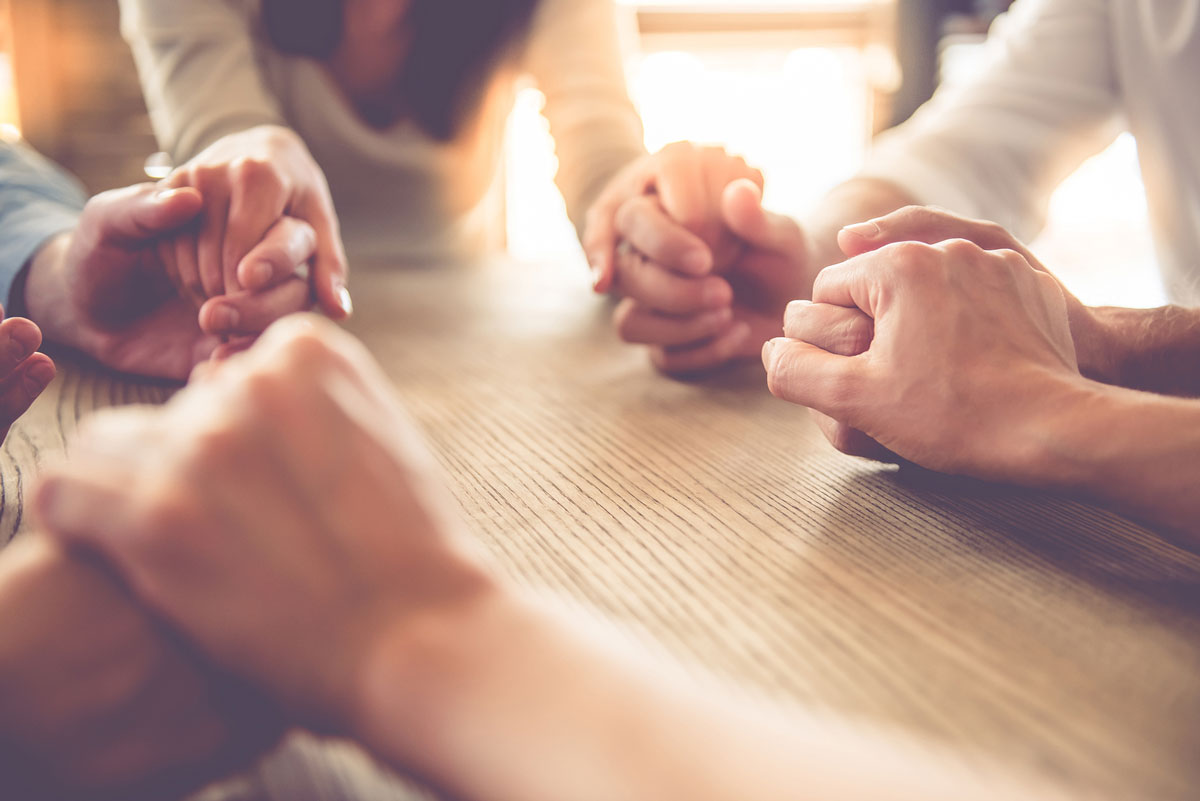
Peer Support: A Missing Link in Helping Individuals Access Treatment for Substance Use Disorder
No matter how you look at them, the numbers surrounding Substance Use Disorder aren’t good – and they’re getting worse. It’s estimated that fewer than one in ten people with an SUD get treatment, leaving a large percentage of those who could benefit from help without treatment or support services.
Unfortunately, even when an individual with an SUD bravely faces an issue and seeks support, only a very small percentage find treatment. For example:
- Only 45% of people who make a call requesting treatment for SUD make it to their first assessment appointment,
- An additional 32% of these individuals dropout after completing their intake assessment, failing to enroll in a program or initiate the actual treatment.[i]
An Underused Resource for Connection to Treatment: Peer Support
Many clinicians can attest to how difficult it is to get individuals with substance use disorder to engage in treatment, and even those with specialized training may find it difficult to help individuals follow-through once an issue is surfaced. Even more, non-clinicians, such as first responders or those involved in the justice system or spearheading community programs, may lack the training and knowledge required to help individuals with an SUD seek support. Peer support services can help bridge these gaps.
In his blog The Power of Peer Support¸ William White writes that peers’ “growing presence represents a historical milestone in the evolution of addiction treatment and recovery support in the U.S.”[ii]
When peer support services are employed before an individual ever decides to initiate treatment, their involvement increases the individual’s awareness of their substance use. It also instills a feeling of readiness to take a step toward sobriety, and individuals tend to go into treatment with higher motivation.[iii] This may, at least in part, be attributable to the fact that peer support services are delivered by individuals who are in recovery themselves. Peers can provide non-clinical, person-centered, strength-based support due to their own recovery journey. They share their lived experiences and give practical guidance without judgment.
The Effectiveness of Peer Support Services
Peer support services have been used in treatment centers since the 1990s, and they’ve proven effective over the decades. When evaluated for effectiveness, peers help individuals with substance use disorder improve their relationships with providers, family and friends, lower the relapse rate, and have higher treatment retention.[iv]
In addition, peer support services have helped individuals:
- Boosted client self-esteem, confidence, sense of control, and sense of hope
- Increased the client’s belief that they are responsive to treatment and deserving of treatment
- Showed positive self-care strategies
- Provided social support and skills for social functioning
- Reduced hospital admissions, relapse, and substance use.[v]
A New Support Model: Virtual Peer Support
More and more, peer support is being engaged outside of a clinical setting, even before individuals have committed to seeking treatment. First responders, for example, can be essential in helping individuals who have overdosed recognize their need for treatment. Few first responders, however, are able to spend the time and resources needed to help connect individuals to treatment.
It is with this in mind that CHESS is introducing a new service, called Connections Text—designed to support treatment referrals and uptake among those struggling with substance use disorder. Our peer support specialists engage individuals to connect them with local behavioral health providers and other resources, helping increase the percentage of individuals who arrive at and start treatment.
With a quick referral, our team will engage the individual through text messaging – a simple effective method for starting and building a relationship, even among those who may be reluctant or cautious at first. Our team is comprised of certified recovery coaches with lived experience with addiction and recovery, and can manage these difficult conversations with empathy.
For more information or to refer an individual to treatment, go to https://www.connectionstext.com/.
[i] Loveland, D, Driscoll, H. Examining attrition rates at one specialty addiction treatment provider in the United States: a case study using a retrospective chart review. Subst Abuse Treat Prev Policy 2014;9:41.
[ii] http://www.mkrecoverycoaching.com/2018/08/28/power-of-peer-support-an-abbreviated-chronology/
[iii] Milena Stanojlović, Larry Davidson, Program for Recovery and Community Health, Department of Psychiatry, School of Medicine, Yale University, New Haven, CT, USA. https://journals.sagepub.com/doi/full/10.1177/1178221820976988
[iv] Reif S, Braude L, Lyman DR, Dougherty RH, Daniels AS, Ghose SS, Salim O, Delphin-Rittmon ME. Peer recovery support for individuals with substance use disorders: assessing the evidence. Psychiatr Serv. 2014 Jul;65(7):853-61. doi: 10.1176/appi.ps.201400047. PMID: 24838535.
[v] https://www.samhsa.gov/sites/default/files/programs_campaigns/brss_tacs/value-of-peers-2017.pdf
